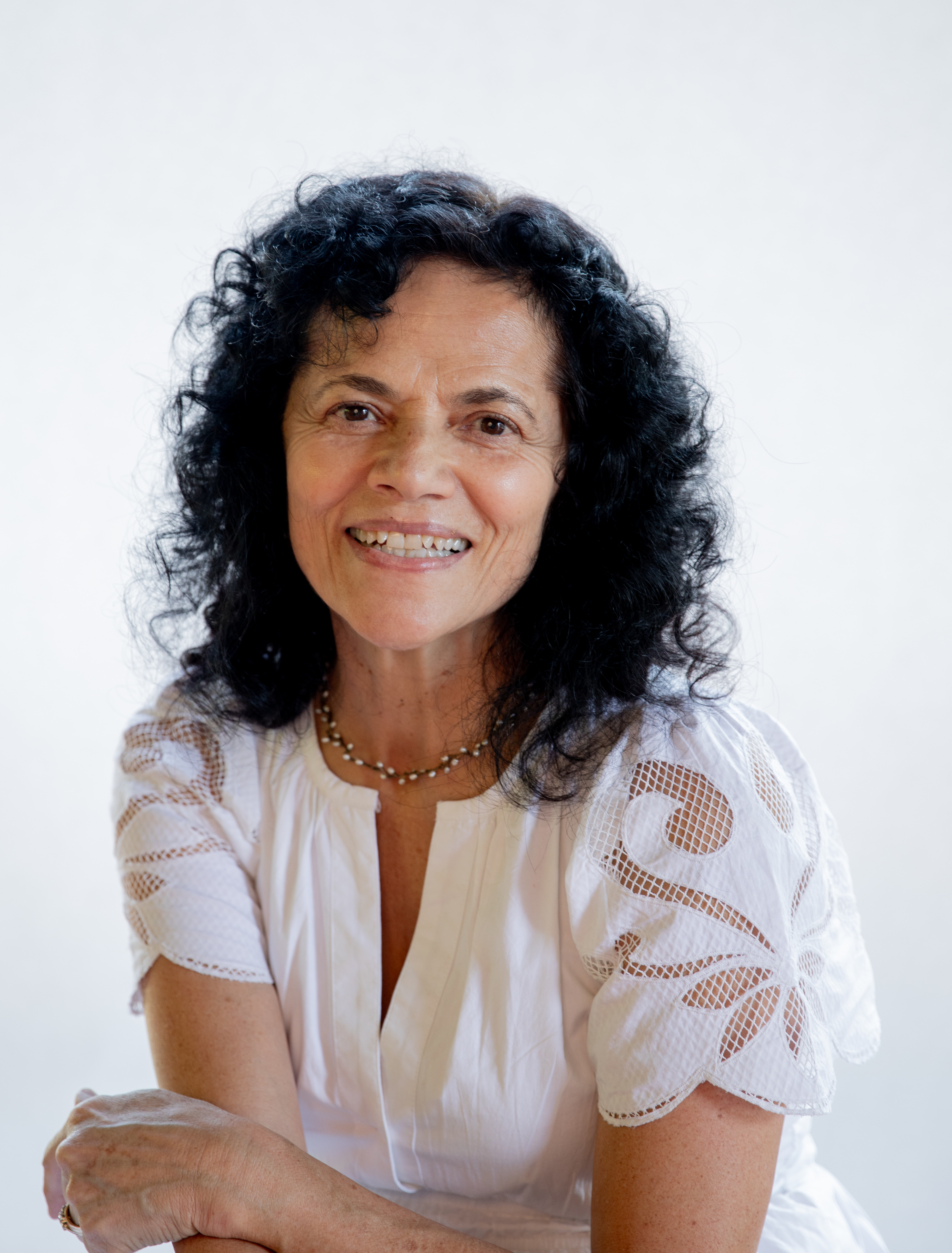
A University of Toronto Scarborough Sociologist has been awarded a prestigious federal research award that will focus on enshrining justice and equity as key principles as Canada transitions from fossil fuels to renewable energy sources.
Professor Patricia Romero-Lankao has been awarded a 2022 Canada Excellence Research Chair (CERC) for Sustainability Transitions.
Dr. Romero-Lankao is an internationally renowned researcher whose work focuses on equity in energy transitions. She joined University of Toronto Scarborough from the National Renewable Energy Laboratory (NREL) in the US, and the University of Chicago's Mansueto Institute for Urban Innovation. Dr. Romero-Lankao is co-recipient of a Nobel Peace Prize for her contributions to the Intergovernmental Panel on Climate Change report “Climate Change 2007: Impacts, Adaptation, and Vulnerability”
Dr. Romero-Lankao and her team have been awarded $8 million over 8 years to create a research program supporting justice and equity in urban energy transitions by co-producing sustainable transition pathways with communities and city actors in Canadian cities and internationally, and advance urban energy transitions that will help achieve net-zero carbon emissions by 2050.
“I hope that in a couple of years we will be able to build a solid program where key members of the community, not only social scientists, but engineers and environmental studies experts, can collaborate and help us create knowledge that represents and embraces the aspirations of disadvantaged and underserved communities,” said Dr. Romero-Lankao.
Climate change is humanity’s greatest challenge, notes Dr. Romero-Lankao, but its effects fall most heavily on those least able to absorb its results. Equally, the benefits of the transition from fossil fuels to renewable energy sources fall disproportionately out of the reach of underserved and marginalized communities.
Dr. Romero-Lankao and her team will work with cities, emphasizing relationships with underserved and marginalized communities to develop a community-engaged approach to just and equitable sustainability transitions. She will examine past and current inequities in access, look at how communities can be represented in decision-making around energy transition policies, and create the knowledge needed to foster equity in the distribution of the benefits and burdens of the energy transition.
Dr. Romero-Lankao is alert to the challenges of the energy transition, especially in a country as invested in the oil and gas sector as Canada. “I see the transition as an opportunity for workforce development, chances for community members in areas such as Alberta, where you have a huge number of people employed in the fossil fuel industry,” she says. “We can create career opportunities for the youth, for those who are already working in these sectors. We need to train people and create options. We need to support them in transitioning away from existing industries to the new industries, and make sure that they are in a position to benefit from them.”
As part of the CERC, Dr. Romero-Lankao will lead research into issues such as energy affordability, energy access and use, education and workforce development, community resilience and public health concerns from both existing and new forms of energy.
“Many people across the globe are already dealing with an increase in heat waves, wildfires, and floods,” Dr. Romero-Lankao says. “So, what we need is to create opportunities for communities and city actors to be able to manage these new realities brought about by climate change.”
“The only requirement is that all research we create will be guided by community needs, by city actor needs,” adds Professor Romero-Lankao. “We also want to train the next generation of students and scholars who will be able to address these very daunting and challenging issues in inclusive and collaborative ways.”